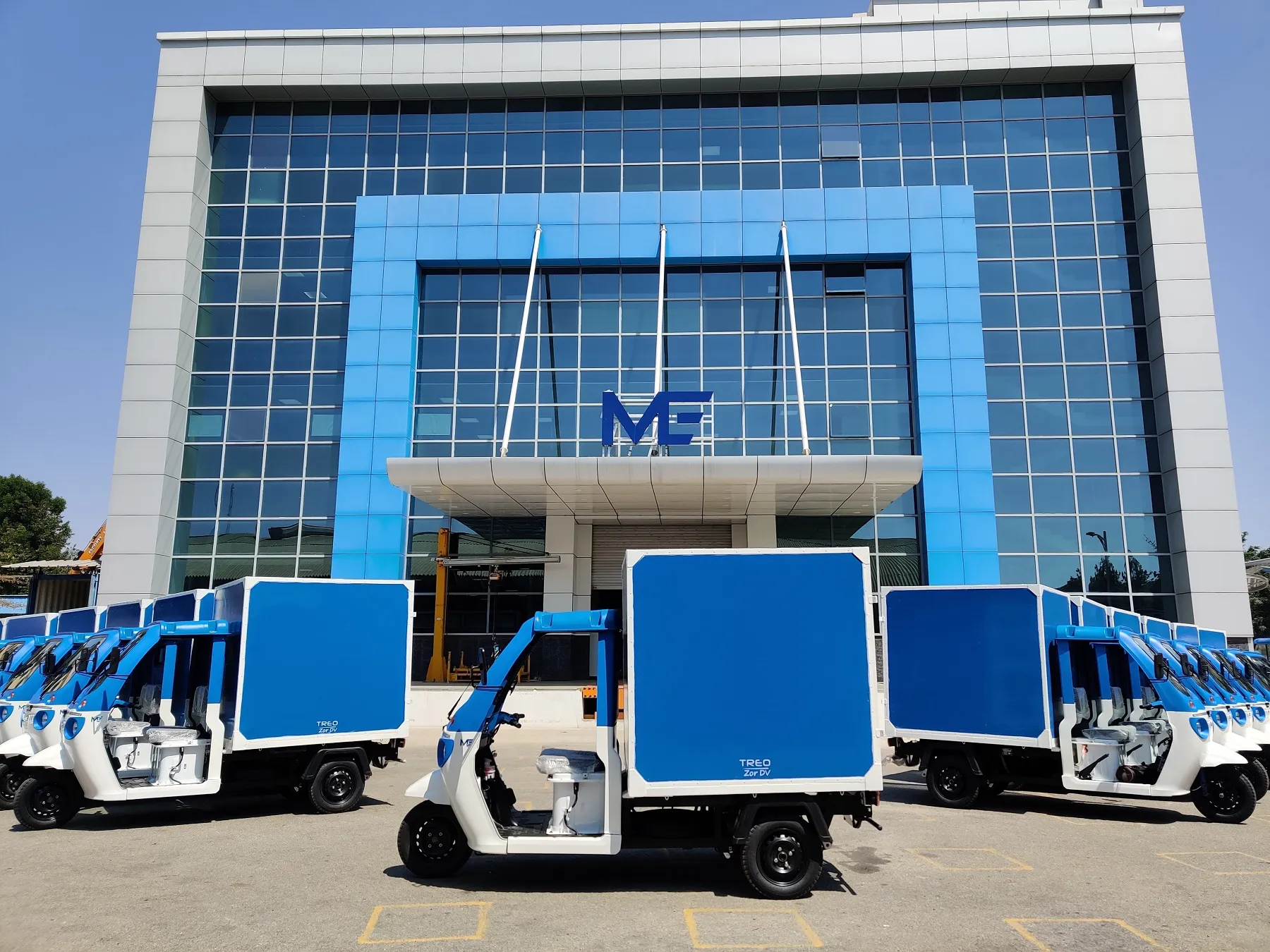Last week at the Qatar Motor Show saw the world debut of Volkswagen’s XL1, a diesel-electric hybrid two-seater that can do 313mpg (0.9 l/100 km) and an announcement that the vehicle will enter limited production for the UK and German markets in 2013. If it proves popular, VW says it plans to increase production and sell in other countries.
May 18, 2012
Read time: 2 mins
Last week at the Qatar Motor Show saw the world debut of 994 Volkswagen’s XL1, a diesel-electric hybrid two-seater that can do 313mpg (0.9 l/100 km) and an announcement that the vehicle will enter limited production for the UK and German markets in 2013. If it proves popular, VW says it plans to increase production and sell in other countries.
Conceptually, the XL1 represents the third evolutionary stage of Volkswagen’s 1-litre car strategy first unveiled 10 years ago. When the new millennium was ushered in, Prof. Dr. Ferdinand Piëch, who is now Chairman of the Supervisory Board of Volkswagen AG, formulated the visionary goal of bringing to the market a production car that was practical for everyday use with a fuel consumption of 1.0 litre per 100 km.
The latest version of the car, which has staggered side-by-side seating for two adults and is capable of a top speed of 160 km/h (99mph), attains a CO2 emissions value of just 24 g/km, thanks to a combination of lightweight construction (monocoque and add-on parts made of carbon fibre), very low aerodynamic drag (Cd 0.186) and a plug-in hybrid system - consisting of a two cylinder TDI engine (35 kW / 48 PS), E-motor (20 kW / 27 PS), 7-speed dual-clutch transmission (DSG) and lithium-ion battery.
Conceptually, the XL1 represents the third evolutionary stage of Volkswagen’s 1-litre car strategy first unveiled 10 years ago. When the new millennium was ushered in, Prof. Dr. Ferdinand Piëch, who is now Chairman of the Supervisory Board of Volkswagen AG, formulated the visionary goal of bringing to the market a production car that was practical for everyday use with a fuel consumption of 1.0 litre per 100 km.
The latest version of the car, which has staggered side-by-side seating for two adults and is capable of a top speed of 160 km/h (99mph), attains a CO2 emissions value of just 24 g/km, thanks to a combination of lightweight construction (monocoque and add-on parts made of carbon fibre), very low aerodynamic drag (Cd 0.186) and a plug-in hybrid system - consisting of a two cylinder TDI engine (35 kW / 48 PS), E-motor (20 kW / 27 PS), 7-speed dual-clutch transmission (DSG) and lithium-ion battery.








